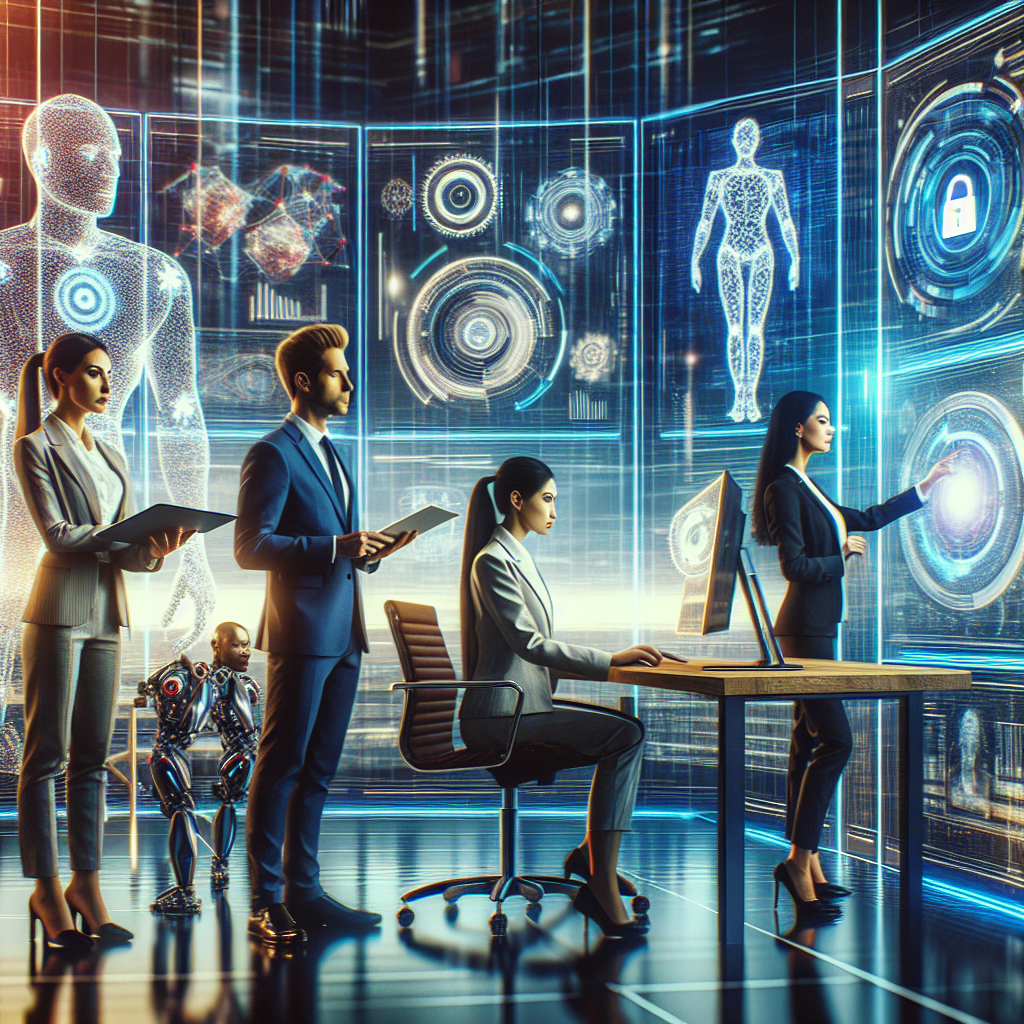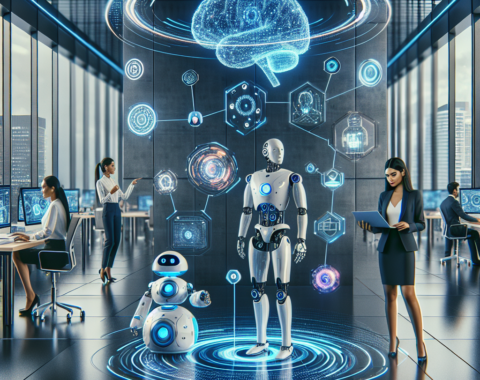
Revolutionizing Cybersecurity Careers with the Rise of Generative AI
In the ever-evolving landscape of technology, generative AI is steadily emerging as a transformative force across numerous industries, and cybersecurity is no exception. As the tools of cyber attackers become more sophisticated, so too must the mechanisms that defend against them. This increasing complexity forms the backdrop against which generative AI is set to revolutionize careers in cybersecurity. This article explores how generative AI is poised to alter the job landscape for cybersecurity professionals and the skills they will need to thrive in this new era.
The Advent of Generative AI in Cybersecurity
The concept of generative AI refers to algorithms, such as Google’s GPT models and OpenAI’s DALL-E, that can produce content across various formats, from text to images. In cybersecurity, these capabilities can be leveraged to create highly advanced systems capable of predicting threats, automating defenses, and even simulating potential attack scenarios.
Potential Applications of Generative AI
The application of generative AI in cybersecurity is vast, with potential uses including:
- Threat Detection and Prediction: Generative AI can analyze vast amounts of data to detect anomalies that could indicate security breaches. Moreover, it can predict potential threats by recognizing patterns and assessing the likelihood of attacks.
- Incident Response: Automated response systems can be further enhanced using generative AI, which allows for swift, effective reactions to breaches without the delay of human intervention.
- Vulnerability Management: Generative AI can examine network configurations and software to identify possible vulnerabilities, suggesting remediation strategies before an attack occurs.
Impact on Cybersecurity Jobs
The introduction of generative AI in the cybersecurity sector anticipates significant changes in job roles and required skills. As tasks become automated, some current job functions will fade, making way for new roles that will emerge as cybersecurity professionals embrace these AI technologies.
Automation and Shifts in Traditional Roles
Generative AI’s ability to automate repetitive tasks such as log analysis or basic threat detection will mean that cybersecurity professionals can focus on more strategic activities:
- Reduction in Manual Tasks: Tasks that were traditionally carried out manually, like exhaustive data analyses, can now be performed in a fraction of the time by AI systems, reducing the need for these roles.
- Evolution of Analyst Roles: The role of cybersecurity analysts will likely evolve into a more supervisory and strategic position, focusing on interpreting the insights generated by AI and implementing broader security strategies.
The Emergence of New Career Opportunities
While some existing roles may decline, generative AI will simultaneously create new opportunities within the cybersecurity field:
- AI Specialists in Cybersecurity: There will be a growing demand for specialists who understand both AI systems and cybersecurity principles. These professionals will be responsible for developing and maintaining AI systems, ensuring they work efficiently and securely.
- AI-Cybersecurity Interface Designers: As generative AI models become integrated into cybersecurity frameworks, there is a need for designers who can create user interfaces that help cybersecurity professionals interpret AI insights effectively.
Essential Skills for the AI-Driven Cybersecurity Professional
As generative AI continues to redefine cybersecurity careers, a shift in necessary skill sets is inevitable. Below are the key skills that future cybersecurity professionals must cultivate:
Technical Proficiency in AI and Machine Learning
Understanding the fundamentals of AI and machine learning is essential for those entering the cybersecurity field. Professionals will need expertise in:
- AI Model Training and Development: Being able to train and fine-tune AI models will become a critical skill.
- Data Analysis and Interpretation: Given that AI systems generate vast amounts of data, deciphering these insights will be crucial for decision-making.
Comprehensive Cybersecurity Knowledge
Despite the advanced capabilities of AI, foundational cybersecurity knowledge will remain vital. This includes:
- Knowledge of Cyber Threats and Attack Vectors: Understanding the nature of threats and common attack methods remains crucial.
- Network and Cloud Security: Given the shift towards cloud-based operations, proficiency in these areas will continue to rise in importance.
Soft Skills: Communication and Problem-Solving
With the increased complexity brought on by AI integration, soft skills will play a substantial role in cybersecurity professions:
- Effective Communication: Being able to translate complex AI findings into actionable strategies for diverse teams will become increasingly important.
- Critical Thinking and Problem-Solving: Professionals will need to quickly assess and address new threats with innovative solutions.
Challenges and Considerations
While the integration of generative AI in cybersecurity presents numerous opportunities, it also poses challenges:
Ethical Considerations
The use of AI in cybersecurity raises ethical concerns that professionals in this field will need to address, such as privacy issues and the potential for AI-generated content to be used maliciously.
Regulatory and Compliance Issues
As AI becomes more prominent, regulations guiding its use in cybersecurity will need to evolve. Cybersecurity professionals must stay updated on regulatory changes to ensure compliance.
Conclusion
The advent of generative AI marks the dawn of a new era in cybersecurity, paving the way for a transformation in how cybersecurity careers will evolve. While the technology empowers professionals with unprecedented tools and capabilities, it will also necessitate a shift in skills, with a greater emphasis on AI proficiency, strategic analysis, and innovative problem-solving. By embracing these changes, cybersecurity professionals can enhance their careers and continue to safeguard digital domains in increasingly complex environments.




